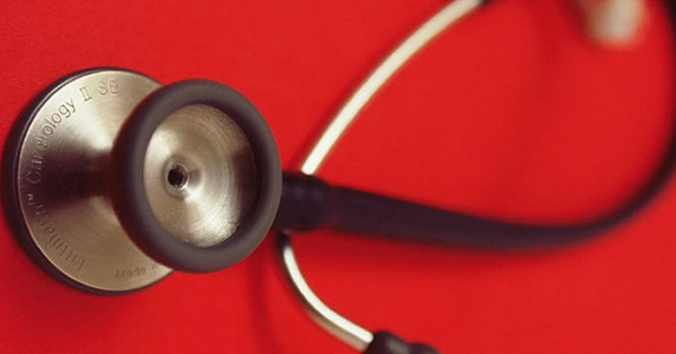How do we know? That is the recurring question in a scientific culture. Do we have support for what we claim or is it just an opinion? Is there evidence?
The development of new cancer treatments provides many examples of the recurring question. The pharmaceutical company would like to be able to claim that the new treatment is more effective than existing alternatives and that the dosages recommended give good effect without excessive side effects. However, first we must answer the question, How do we know?
It is not enough to ask the question just once. We must repeat the question for every aspect of the treatment. Any claim on efficacy, side effects and dosages must be supported by answers to the question. How do we arrive at these answers? How do we check that it is not mere opinions? Through clinical trials conducted with cancer patients who agree to be research subjects.
A new research ethical study shows, however, that an ethically sensitive claim is often repeated in cancer research, without first asking and answering the question “How do we know?” in a satisfying way. Which claim? It is the claim that cancer patients are better off as participants in clinical trials than as regular patients who receive standard treatment. The claim is ethically sensitive because it can motivate patients to participate in trials.
In a large interview study, the authors first investigated whether the claim occurs among physicians and nurses working with clinical trials. Then, through a systematic literature review, they examined whether there is scientific evidence supporting the claim. The startling answer to the questions is: Yes, the claim is common. No, the claim lacks support.
Patients recruited for clinical trials are thus at risk of being misled by the common but unfounded opinion that research participation means better treatment. Of course, it is conceivable that patients who participate in trials will at least get indirect positive effects through increased attention: better follow-ups, more sample taking, closer contacts with physicians and nurses. However, indirect positive effects on outcomes should have been visible in the literature study. Regarding subjective effects, it is pointed out in the article that such effects will vary with the patients’ conditions and preferences. It is not always positive for a very sick patient to provide the many samples that research needs. In general, then, we cannot claim that research participation has indirect positive effects.
This is how the authors, including Tove Godskesen and Stefan Eriksson at CRB, reason in the clearly written article in BMC Cancer: Are cancer patients better off if they participate in clinical trials? A mixed methods study. Tove Godskesen was the leader of the study.
An ethically important conclusion drawn in the article is the following. If we suggest to patients who consent to participation in trials that research means better treatment, then they receive misleading information. Instead, altruistic research participation should be emphasized. By participating in studies, patients support new knowledge that can enable better cancer treatments for future patients.
The article examines a case where the question “How do we know?” has the answer, “We do not know, it is just an opinion.” Then at least we know that we do not know! How do we know? Through the studies presented in the article – read it!

Written by…
Pär Segerdahl, Associate Professor at the Centre for Research Ethics & Bioethics and editor of the Ethics Blog.
Zandra Engelbak Nielsen, Stefan Eriksson, Laurine Bente Schram Harsløf, Suzanne Petri, Gert Helgesson, Margrete Mangset and Tove E. Godskesen. Are cancer patients better off if they participate in clinical trials? A mixed methods study. BMC Cancer 20, 401 (2020). https://doi.org/10.1186/s12885-020-06916-z
We have a clinical perspective



0 Comments
1 Pingback